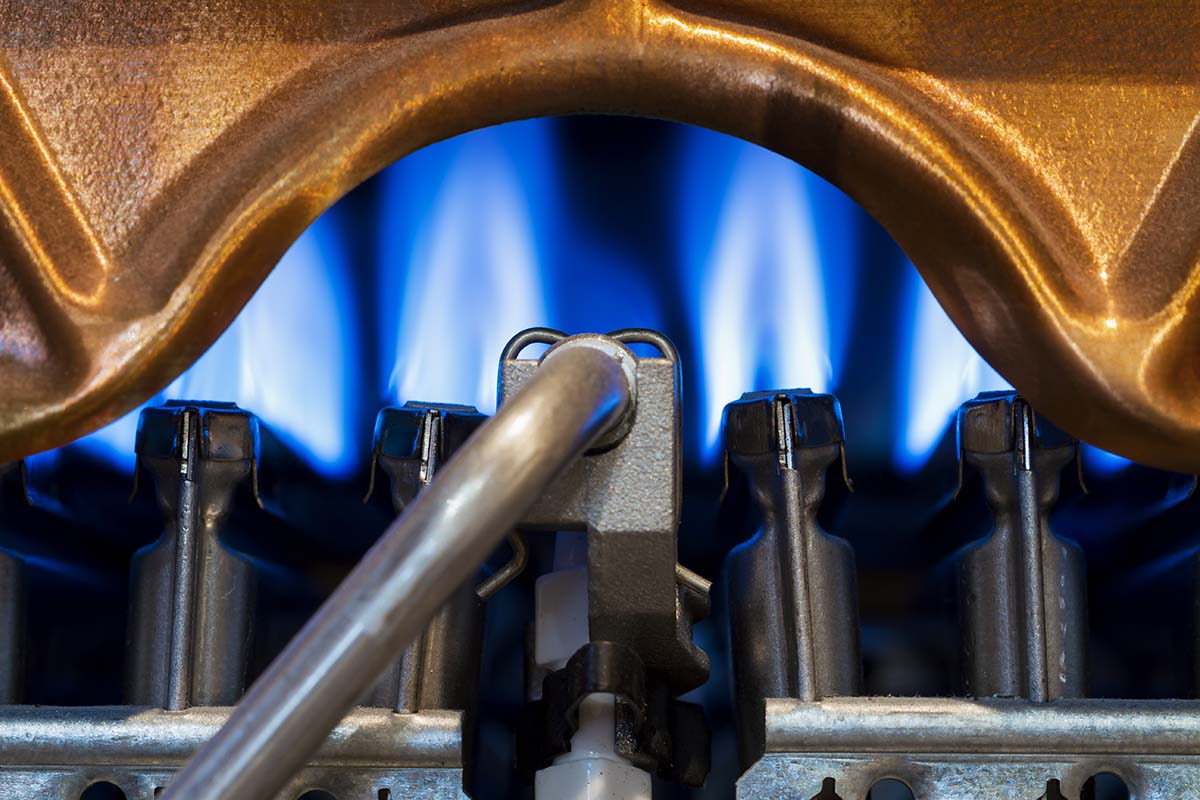The Pros and Cons of Keeping the Water Heater Pilot Light On
If you’re a homeowner, keeping your water heater pilot light on can be a smart way to save energy and money, but it comes with potential flaws. In this blog post, we look at both the pros and cons of having the pilot light on and how it might affect your utility bills in the long run. Get all the facts so you can make an informed decision about whether or not to keep that little flame burning.
What is a Water Heater Pilot Light?
A pilot light is a small flame that is kept lit inside the water heater. This flame ignites the gas when it is turned on and ensures that there is a consistent supply of hot water. Many people choose to keep their pilot light on at all times, but there are some pros and cons to doing so.
PROS:
- The pilot light ensures that there is always a hot water supply, so you don’t have to wait for the water heater to heat up before taking a shower or doing laundry.
- It costs very little to keep a pilot light lit, so it is not a financial burden.
CONS:
- If the pilot light goes out, it can be tricky to relight it. You may need to call a plumber if you are not comfortable doing it yourself.
- Leaving the pilot light on uses a small amount of gas even when the water heater is not in use. This means that you are paying for gas even when you’re not using hot water.
How Does a Water Heater Pilot Light Work?
A pilot light is a small flame that is kept lit inside the water heater. This flame ignites the gas when it turns on, which in turn heats up the water. Many people believe that keeping the pilot light on will save them money because they will not have to wait for the water to heat up when they turn on the water heater. However, there are some disadvantages to keeping the pilot light on, such as increased gas consumption and the risk of fires.
Pros of Keeping the Water Heater Pilot Light On
There are several advantages to keeping the pilot light on your water heater lit. For one, it ensures that your water heater will be working when you need it. If you ever experience a power outage, the pilot light will keep your water heater running so you can have hot water. Additionally, having a lit pilot light saves energy because your water heater won’t have to expend energy to reheat the water every time you use it. Finally, having the pilot light on can extend the lifespan of your water heater.
Cons of Keeping the Water Heater Pilot Light On
There are a few potential drawbacks to keeping the water heater pilot light on. First, it is a constant source of heat, which can add up to higher energy bills over time. Additionally, if there is a gas leak, the pilot light can be a potential ignition source. Finally, if the pilot light goes out, it can be difficult to relight it.
Should You Keep Your Water Heater Pilot Light On or Off?
If your water heater is powered by natural gas, you have the option of keeping the pilot light on or turning it off when you’re not using hot water. Many people choose to keep the pilot light on because it’s more convenient, while others think it’s a waste of energy and money. So, what’s the right choice for you?
Here are some pros and cons to consider:
Pros:
1. Convenience: Keeping the pilot light on means you don’t have to worry about relighting it every time you need hot water.
2. Safety: A pilot light flame helps prevent explosive gas build-up in the event of a leak.
3. Energy efficiency: newer models with electronic ignition don’t use as much gas as older models with a constant pilot light.
Cons:
1. Money: Gas is expensive, so even a small flame can add up over time.
2. Environmental impact: Natural gas is a fossil fuel, so burning it contributes to greenhouse gas emissions.
3. Safety: A constantly burning flame is a fire hazard, and if your water heater is located in an enclosed space, it can pose a risk of carbon monoxide poisoning.
Alternatives to Keeping the Water Heater Pilot Light On
One of the main pros of keeping the water heater pilot light on is that it prevents the growth of bacteria and other microorganisms in the water. Moreover, it also protects the tank from corrosion. Another advantage is that it keeps the water at a consistent temperature, which can be beneficial if you have a large family or live in a cold climate.
However, there are also some disadvantages to keeping the water heater pilot light on. For instance, it uses up a small amount of energy, which can add up over time. Additionally, if the pilot light goes out, you’ll need to relight it, which can be difficult if you’re not familiar with how to do so.
To Recap
The decision of whether to keep your water heater pilot light on is a personal one. Depending on your situation, both options have their own benefits and drawbacks. It’s important to understand these pros and cons before making any final decisions in order to make an informed choice that is best for you and your household. If you are still unsure as to which way you should go, it may be worth consulting a professional who can help weigh the different options more accurately before taking any drastic steps.
















